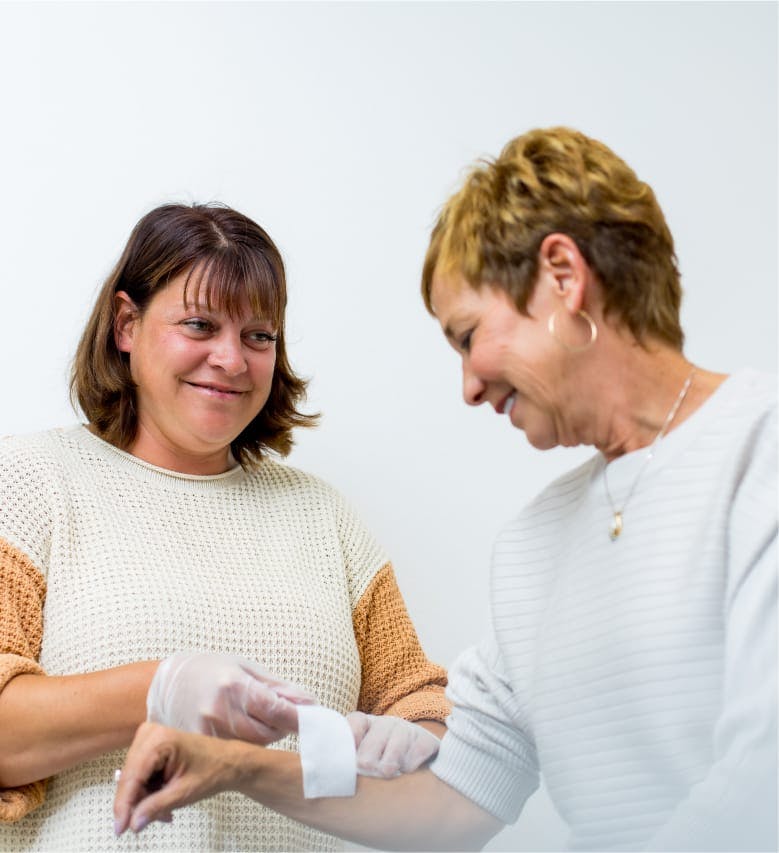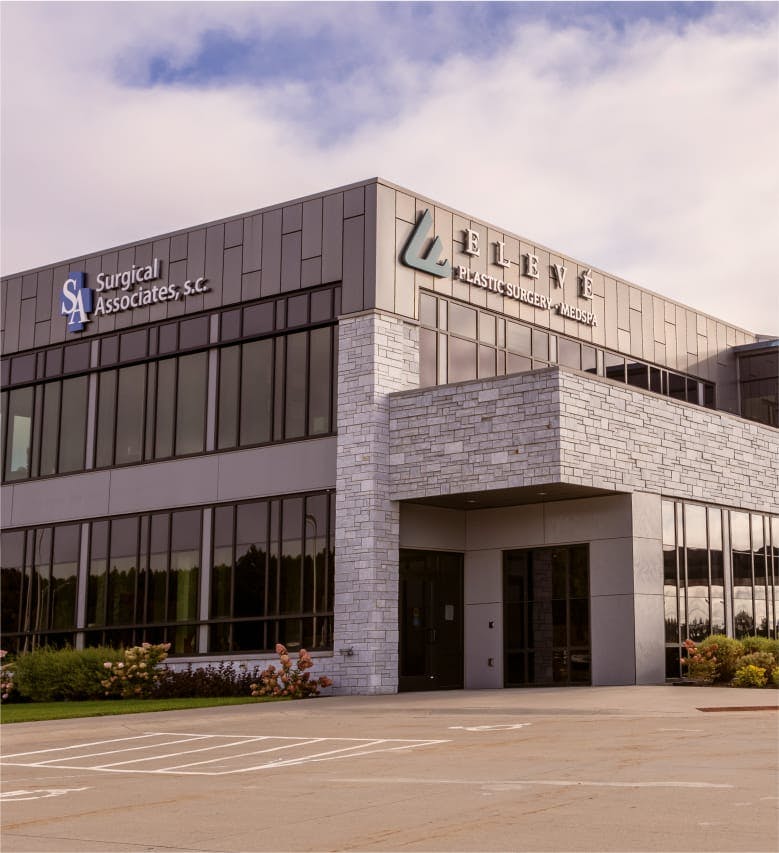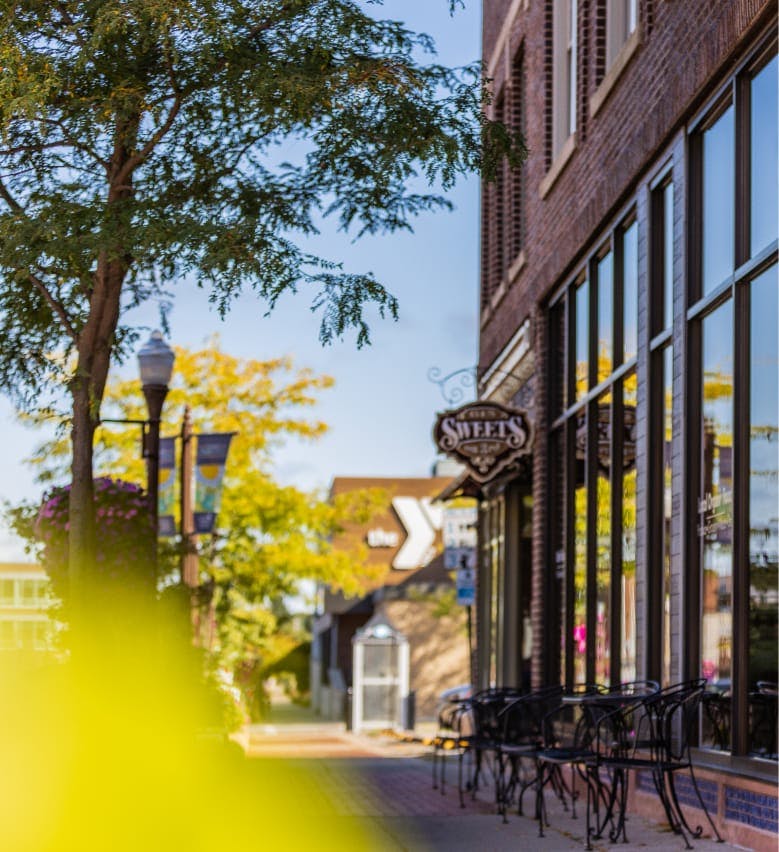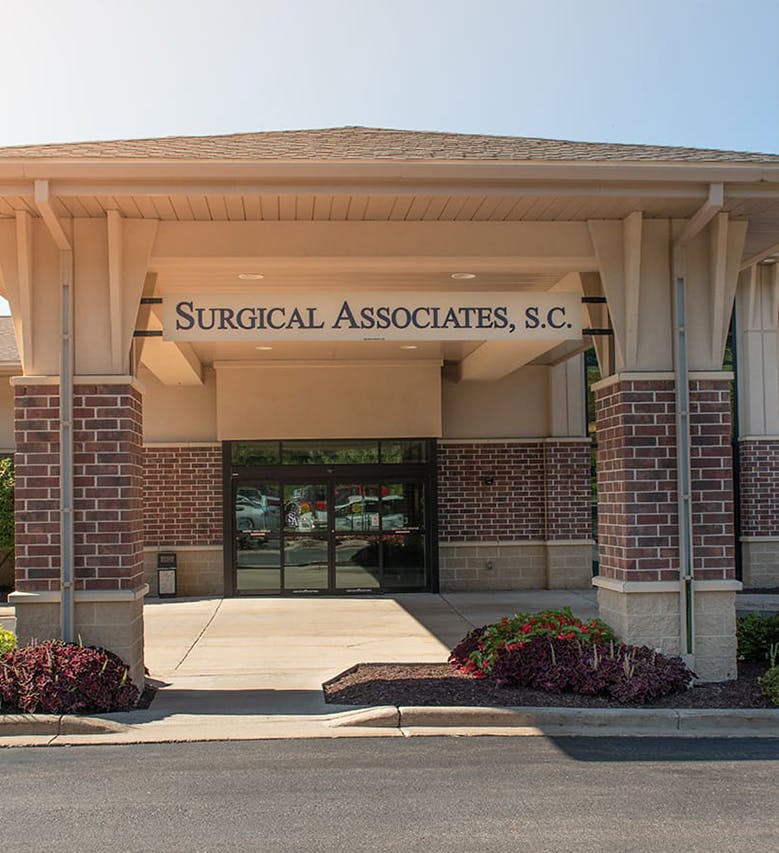The Vitality Wellness and Longevity program at Elevé MedSpa represents our innovative approach to health and wellness. Grounded in scientific principles and medical expertise, our program is tailored to fostering well-being. Our focus is on enhancing health span, the length of time that a person is healthy and active, so you enjoy a life not just of extended duration, but of higher quality.
Healthy skin for the long-term
At Elevé MedSpa, we prioritize your skin health by utilizing the latest scientific evidence and aligning it with your personal preferences. Our healthcare professionals are dedicated to offering the best treatment options, informed by clinical research and tailored to your unique needs. We believe in empowering you through individualized education and clear communication, ensuring you are well-informed and confident in making decisions about your skin health.











